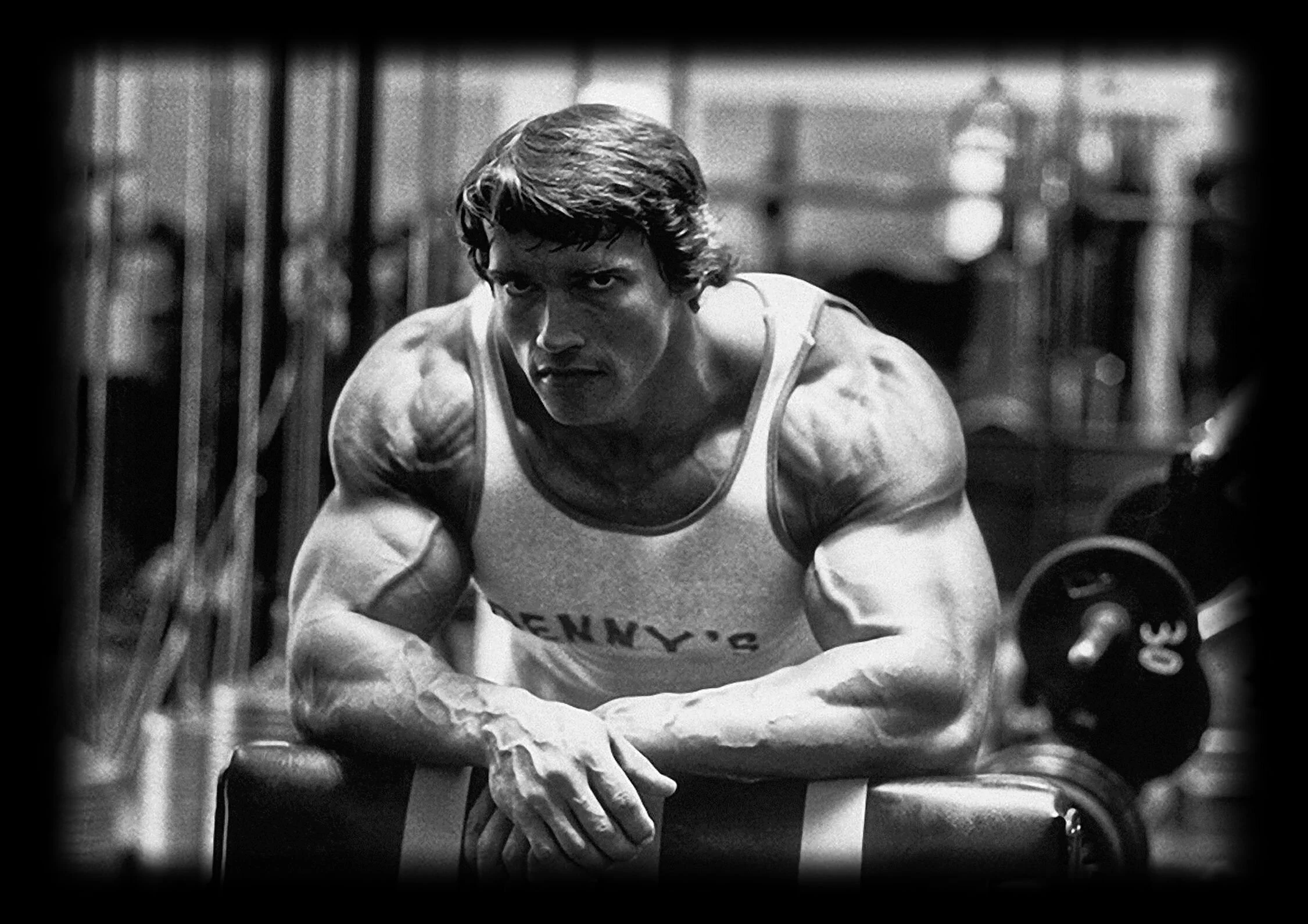Your goal is to become more aware of your sensations and thus be able to more skillfully direct the body's movement. Your performance of yoga will rapidly improve with the application of attention and resulting growth of bodily awareness. This is expressed organically as improved function of the cerebellum, the nervous system, and the muscular system.
An Introduction to Meditation
Meditation is a general term that describes a broad category of practices for the development of mental attention. Just as physical exercise is aimed at developing a certain quality, such as strength in weightlifting and endurance in running, so do meditation techniques create and enhance certain abilities of the mind. These are most common categories of meditation techniques:
Relaxation The ability to relax at will, whether this be in the body or in the mind.
Concentration The ability to hold one's attention on an object without distraction, usually to the exclusion of all other objects.
Mindfulness The ability to observe an object or multiple objects without fixation, while often being aware of all sensory input and mental states.
Visualization The ability to creatively imagine an object.
Energetic The ability to sense and manipulate subtle energies, such as a prana or chi.
Emotional The ability to change one's emotional state at will.
Many techniques combine multiple abilities in order to accomplish their purpose. For example, mindfulness meditation requires that you be relaxed and hold a steady attention in order to observe without fixation. I find that it is significantly easier for a person to meditate after having performed the Waterfall Exercise, a cleaning technique for the subtle body.
Sensation-Based Meditation
Inspired by my experience of the teachings of Gregori Gurdjieff, I have meditated on sensation for two decades. The results of this practice is a high degree of integration of consciousness with the body. My practice of martial arts (formerly) and yoga (currently) have been greatly improved by this bodily awareness. I operate the neuromuscular machinery with great facility. I am also able to mentally direct blood flow and create or dispel tension. These substantial results have given me a bias against purely mental or imaginary meditation practices. Many people seem out of touch with their bodies due to a heavy emphasis on the visual sense and the consumption of digital media. I'd rather a person spend time getting to know their body than delve into imaginary spaces.
I work in a gym that has over 170,000 square feet of space dedicated to the development of the physical body. Where is our gymnasium for mental training?

